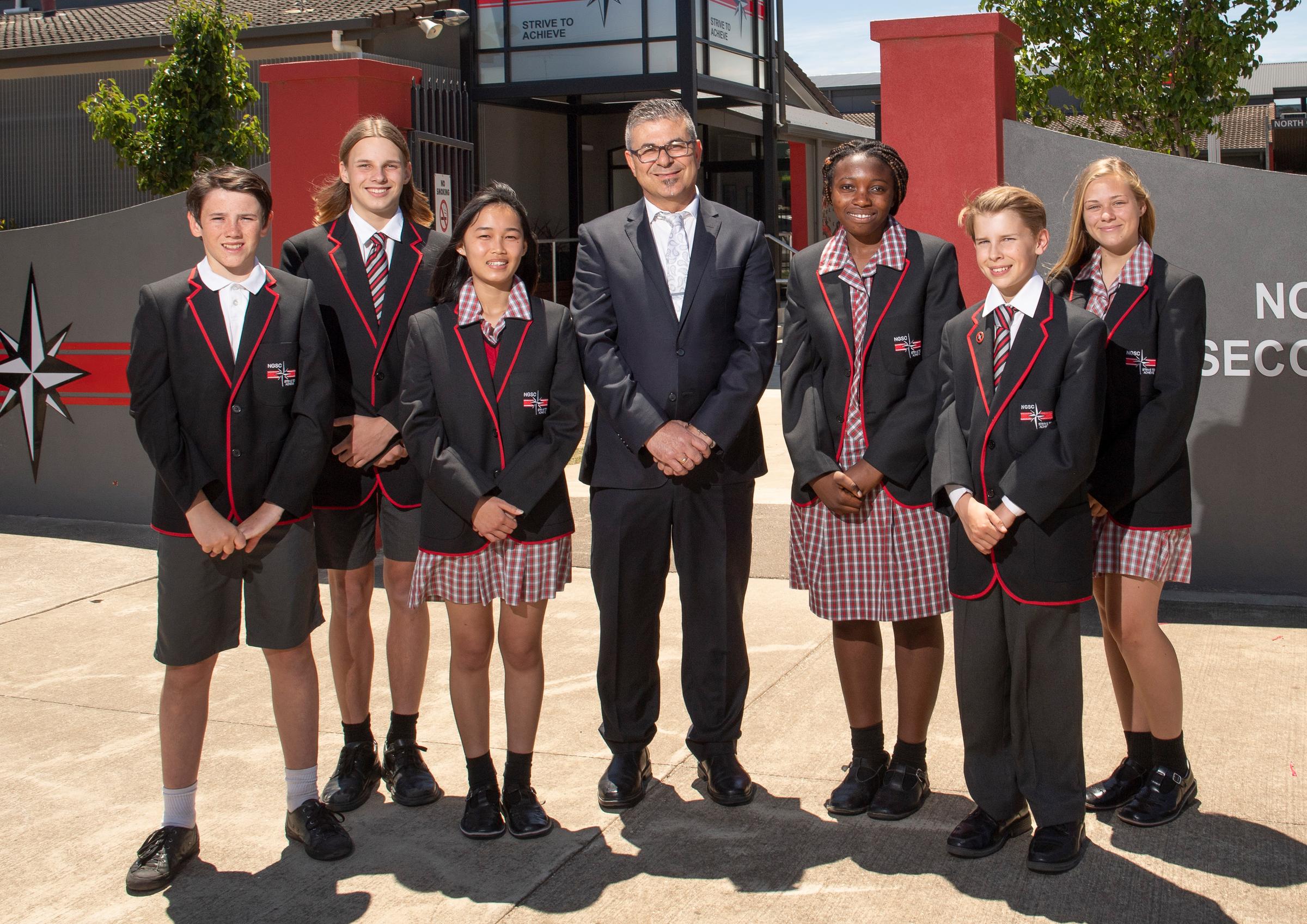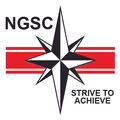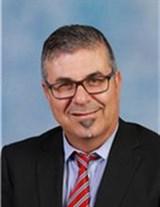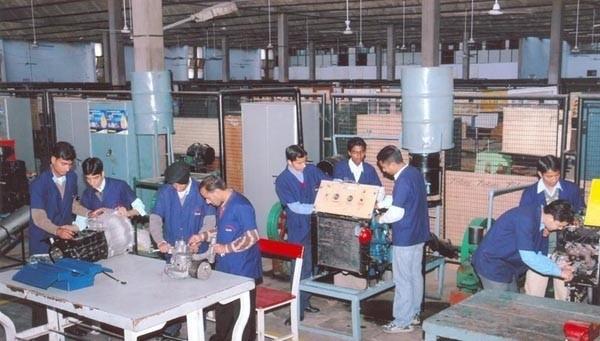
PRINCIPAL'S REPORT
Key Dates
27 August Curriculum Day
(Student Free Day)
30 August Year 7 Zoo Excursion
2 - 6 Sept Year 9 Careers Interviews
9 - 13 Sept School Production Week
18 - 20 Sept Year 9 Camp
22 October Year 12 Graduation
25 October Multicultural Festival
Mr Nicholas Adamou
Principal
Department of Health and Human Services (DHHS) Student Scholarships
Congratulations to the following students who have been successful in achieving a Department of Health and Human Services (DHHS) Student Scholarship. The recipients will be awarded a Scholarship of $1100.00 to assist them to continue their education and pursue their goals in the 2020 academic year. Scholarship funding may be spent on any items that can help overcome barriers affecting the students’ educational attainment in the 2020 academic year.
Madeline Price, Nyawarga Malow, Vanessa Walters, Safiyah Abdul Rahim, Sein Ma Sein Ma Khaing, Ahmad Alkhazaee and Mercina Loupos.
The Scholarship presentation ceremony will be held from 11.00 am – 2.00 pm on Wednesday, 18 September, at Melbourne Town Hall, 90 - 130 Swanston Street, Melbourne.
Thank you to Wellbeing Officers, Ms Christina Doyle and Ms Georgie Hunter for successfully nominating these students.
Living in a Digital Age
Technological change in education means we are facing the largest transformation in how our students receive, interact with and respond to the learning experience that the teaching profession has ever seen. These changes mean that schools and early childhood settings are now broader than the walls of a classroom. Teachers, students and parents are increasingly using digital technologies to teach, learn and communicate, challenging the traditional concept of a school. According to research, 60% of students entering Primary School today will be working in work areas and professions that haven’t been invented or thought of yet, and this is because of the huge advances of new technologies and the way they are impacting on human life.
The world of digital learning beckons, with opportunities for teachers and students alike to benefit from the opportunities and capabilities a digital world offers.
North Geelong Secondary College Technologies platforms and programs such as; iPad Bring Your Own Device (BYOD), interactive teaching and learning screens, robots, drones and the latest edition of Oculus Go Virtual Reality cameras have been supported through the implementation of AARNet (Australia’s Academic and Research Network) high speed internet provision.
The AARNet installation has enabled the school to become a digital Learning Hub with an increased internet capacity and improved access to Digital learning and Cloud-based resources, not only to meet the needs of our students and teachers but also to meet the demands of future learning, student pathways and careers.
We believe that students should be able to learn in teams, as a class, a whole community or alone. We also believe that students should be able to share learning experiences with their classmates and the wider community.
The school supports students to develop the skills needed for critical evaluation, online collaboration and communication and behaviours which support the safe, responsible and ethical use of digital technologies – essential to participating in life and work in the 21st century.
Our students are also encouraged to develop all skills necessary to become responsible global citizens and part of the global labour market. It is our belief that information communication technology is an essential ingredient to our students’ future success.
Vocational Educational and Training (VET)
A skilled workforce is vital to a prosperous future for Victoria’s industries and of course, our local and global communities. It is skilled people who drive the performance of our industry sectors and businesses across the state and help us respond positively in a fast – changing global world.
At North Geelong Secondary College we recognise this need and through a rigorous counselling and information delivery, we ensure that all students who have the talents and aspirations to do a vocational study can, whether it is here at the College or through our Northern VET cluster, our Trade Training Centre, or even other providers. The improved training system will focus on individual learners and business, its two main users, to ensure Victoria has the skilled people it needs to maintain a strong and secure economy.
Currently the school offers three onsite VET subjects and we have a number of students attending within our cluster from all Geelong Secondary schools, both public and independent. Close monitoring and feedback through our onsite VET program evaluation is conclusive and it has proven to be a great success.
Therefore, building on our strengths, the College is looking at expanding that commitment. For more information please contact Ms Makin – VET Coordinator on 52405800.
Mobile Phone Policy Update
Students will be required to switch off and store their mobile phones for the duration of the school day.
On Wednesday, 26 June, 2019 the Minister for Education, the Hon James Merlino MP, announced a new schools Mobile Phone Policy which will come into effect from Term 1, 2020. The new policy will require all students at Victorian State Primary and Secondary schools to switch off their mobile phones and store them securely from the start of the school day until the final bell.
Schools will be supported by the Department of Education and Training to engage their communities in conversations about the new policy and how to best implement it within their school.
The school will review its mobile phone policy and ensure that it complies with the Departmental requirements.
If any parents/guardians/carers are interested in contributing to the review and development of the school’s Mobile Phone Policy resources, please contact one of the Principal Class Officers on 5240 5800.
Child Safety Code of Conduct
North Geelong Secondary College is committed to providing a safe, supportive and inclusive environment for all students, staff and members of our community. Our school recognises the importance of the partnership between our school and parents and carers to support student learning, engagement and wellbeing. We share a commitment to, and a responsibility for, creating an inclusive and safe school environment for our students.
The College Vision is a clear, concise statement of the type of school we wish to see. It is both a reflection of what we have already achieved and a statement of how we would like to develop the College in the future. Overall it is the common aim for everything we do from preparing lessons, to working with our students, to recruiting new staff, to improving the facilities.
NGSC is committed to the safety and wellbeing of children and young people. Our school community recognises the importance of, and a responsibility for, ensuring our school is a safe, supportive and enriching environment which respects and fosters the dignity and self-esteem of children and young people, and enables them to thrive in their learning and development.
This Code of Conduct aims to protect children and reduce any opportunities for child abuse or harm to occur. It also assists in understanding how to avoid or better manage risky behaviours and situations. It is intended to complement child protection legislation, Department policy, school policies and procedures and professional standards, codes or ethics, as these apply to staff and other personnel.
The Principal and school leaders of NGSC support the implementation and monitoring of the Code of Conduct, and will plan, implement and monitor arrangements to provide inclusive, safe and orderly school and other learning environments. The Principal and school leaders will also provide information and support to enable the Code of Conduct to operate effectively.
All staff, contractors, volunteers and any other member of the school community involved in child-related work are required to comply with the Code of Conduct by observing expectations for appropriate behaviour below. The Code of Conduct applies in all school situations, including school camps and in the use of digital technology and social media.
Acceptable behaviours
As staff, volunteers, contractors, and any other member of the school community involved in child-related work individually, we are responsible for supporting and promoting the safety of children by:
- upholding the school’s statement of commitment to child safety at all times
- treating students and families in the school community with respect, both within the school environment and outside the school environment, as part of normal social and community activities.
- listening and responding to the views and concerns of students, particularly if they are telling you that they or another child has been abused or that they are worried about their safety/the safety of another child
- promoting the cultural safety, participation and empowerment of Aboriginal and Torres Strait Islander students
- promoting the cultural safety, participation and empowerment of students with culturally and/or linguistically diverse backgrounds
- promoting the safety, participation and empowerment of students with a disability
- reporting any allegations of child abuse or other child safety concerns to the school’s leadership
- understanding and complying with all reporting or disclosure obligations (including mandatory reporting) as they relate to protecting children from harm or abuse.
- if child abuse is suspected, ensuring as quickly as possible that the student(s) are safe and protected from harm.
Unacceptable behaviours
As staff, volunteers, contractors, and any other member of the school community involved in child-related work we must not:
- ignore or disregard any concerns, suspicions or disclosures of child abuse
- develop a relationship with any student that could be seen as favouritism or amount to ‘grooming’ behaviour (for example, offering gifts)
- exhibit behaviours or engage in activities with students which may be interpreted as abusive and not justified by the educational, therapeutic, or service delivery context
- ignore behaviours by other adults towards students when they appear to be overly familiar or inappropriate
- discuss content of an intimate nature or use sexual innuendo with students, except where it occurs relevantly in the context of parental guidance, delivering the education curriculum or a therapeutic setting
- treat a child unfavourably because of their disability, age, gender, race, culture, vulnerability, sexuality or ethnicity
- communicate directly with a student through personal or private contact channels (including by social media, email, instant messaging, texting etc) except where that communication is reasonable in all the circumstances, related to school work or extra-curricular activities or where there is a safety concern or other urgent matter
- photograph or video a child in a school environment except in accordance with school policy or where required for duty of care purposes
- in the school environment or at other school events where students are present, consume alcohol contrary to school policy or take illicit drugs under any circumstances .






